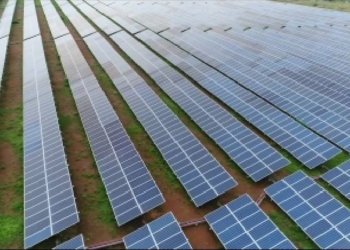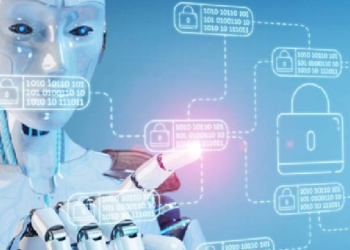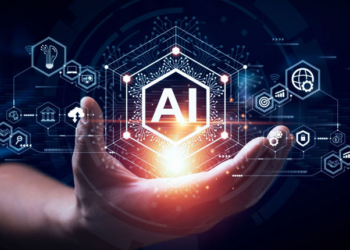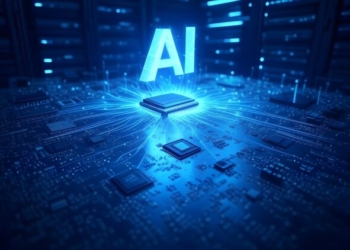London: As concerns grow about the disruption that artificial intelligence (AI) might bring, India, along with 27 other countries, including the US and the UK, and the European Union, have signed a declaration pledging to work on the assessment of risks linked with AI at the first-ever ‘AI Safety Summit’ hosted by UK Prime Minister Rishi Sunak.
The declaration was signed on the opening day of the summit at Bletchley Park, Buckinghamshire, on November 1.
“We welcome the international community’s efforts so far to cooperate on AI to promote inclusive economic growth, sustainable development and innovation, to protect human rights and fundamental freedoms, and to foster public trust and confidence in AI systems to fully realise their potential,” the declaration reads.
“We welcome relevant international efforts to examine and address the potential impact of AI systems in existing fora and other relevant initiatives, and the recognition that the protection of human rights, transparency and explainability, fairness, accountability, regulation, safety, appropriate human oversight, ethics, bias mitigation, privacy and data protection needs to be addressed,” it added.
The Bletchley Declaration emphasised the importance of AI in several aspects of daily life, including housing, employment, transportation, education, healthcare, accessibility, and justice. It noted that the use of AI in these sectors is likely to grow in the future.
Meanwhile, addressing the summit in the UK, Minister of State for Electronics and IT, Rajeev Chandrasekhar, has said that by allowing innovation to get ahead of regulation, the countries faced misinformation and weaponisation of the internet, represented by social media, and we should not let that happen with AI in the future.
“We have learned in the last 10-15 years as governments that by allowing innovation to get ahead of regulation, we opened ourselves to the toxicity and the misinformation and the weaponisation that we see on the Internet today, represented by social media,” said the minister. This is not what “we should chart for the coming years in terms of AI”.
(IANS)















